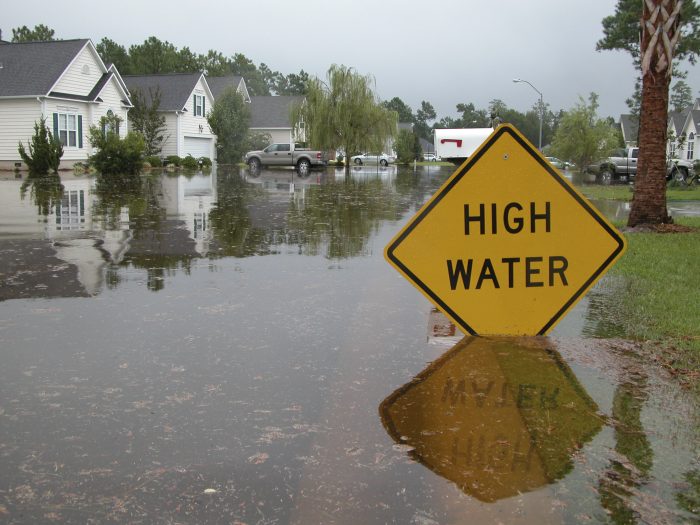Be Willing to Fund Disasters That Don’t Make Headlines

We are nearly eight weeks into 2017 and already we have seen eleven federal disaster declarations (eight major declarations). That’s more than one every week. They’ve occurred as storms hit Georgia, Mississippi, Louisiana, California, Oregon, Oklahoma, and South Dakota. I’m willing to bet that many of those disasters weren’t even on your radar.
This past week, while the Oroville Dam evacuations in California temporarily took over the headlines, communities in Georgia and Mississippi were still picking up rubble from the tornadoes that had torn through their states three weeks ago. But while thousands were being evacuated in California, rubble removal on the East coast was old news.
We’ve talked often in the past year about donor fatigue, particularly in light of repeat flood events and long-haul recovery needs across the country. It’s also a difficult path to manage as the media moments are fleeting at best. But the process of returning to a new normal goes on for months or years.
Disaster recovery work faces an uncertain future, and because of that, donors and those who work to fund nongovernmental organizations should be particularly mindful of a few things:
- It’s more important than ever to determine your approach to disaster response and recovery. Kick-start your plans when you create a free, custom Disaster Philanthropy Playbook. Curate best practices, relevant strategies, and toolkits that meet your objectives, and then share them with your network.
- Coordinate efforts with other community organizations. When funding is limited, it’s essential to work with those who are responding to determine where the gaps are and what is necessary to meet key needs.
- Be ready and willing to fund disaster recovery for things that aren’t in the headlines. Floods, droughts, or even things like long-term recovery committee work will not make the news all the time. They aren’t “sexy” or attention-grabbing. But that doesn’t make them less important. Be willing to fund them over and over.